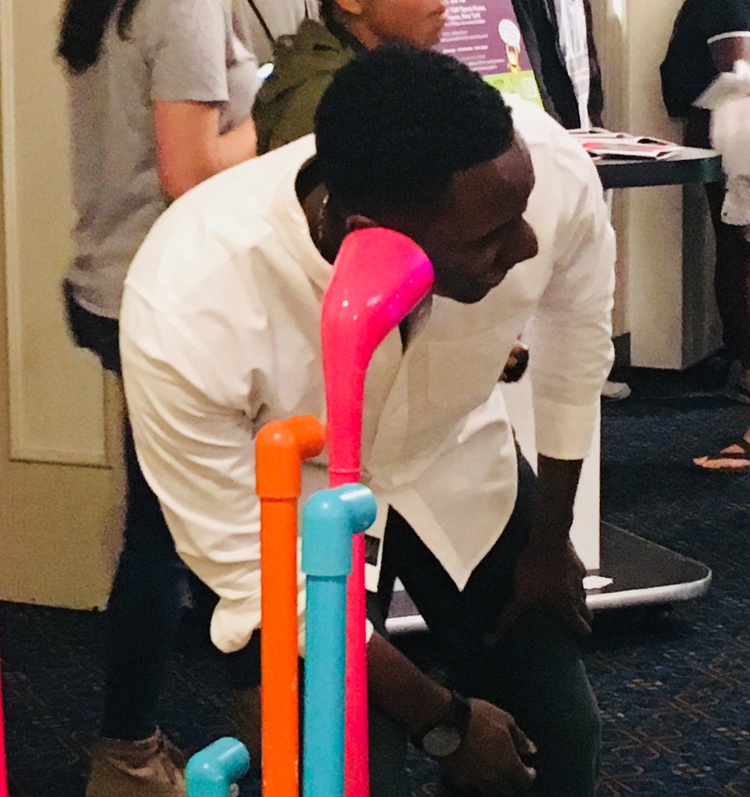Born January 21, 1954 in Tehran, Iran, Moji moved to the United States to study Architecture at the University of Michigan, Ann Arbor where she obtained her B.S. and M. Arch. in 1978. After studying Urban Design at the University of Copenhagen, Denmark, Moji worked at Gunnar Birkerts and Associates before moving to New York City in 1979, where she worked with Eli Attia Architects, and Tod Williams and Billie Tsien Architects. In 1981 she was one of the founding members of the Storefront for Art and Architecture and was a member of the board of directors during its first decade. In 1984, she founded Baratloo-Balch Architects with Clifton Balch, where she was a Principal.
From 1986 to 1990, Moji developed and implemented an award-winning architectural education program for elementary to junior high school students in New York public schools. Her research portfolio on architectural education for young students helped establish the Design Education Library at the Smithsonian Cooper-Hewitt National Design Museum in New York City. Her work was recognized by UNESCO’s Award of Innovation in Education, and was extended citywide by the AIA Design Education Program.
Moji was on the Architecture and Urban Design faculty at Parsons The New School for Design and, for over twenty years, at the Columbia University Graduate School of Architecture, Planning, and Preservation (GSAPP). As a core faculty member at GSAPP she was an innovator of urban design pedagogy and a proponent of using both digital media and face-to-face dialog to extend the scope of research, practice, and reach of urban work.
Inside the studio and beyond it, Moji engaged her students in local, national and international movements, including studios in Bosnia and Herzegovina, Venezuela, Italy, Ecuador, China, and across New York City, State, and the nation. She was an early advocate for the preservation and transformation of the New York City’s High Line into a protected public park, and proposed and led the 2011 Mayors’ Institute on City Design (East) at Columbia’s GSAPP. Over the course of her career, she held numerous visiting professorships including at Cornell University, Harvard University, University of Michigan, Ann Arbor, University of Toronto, University of Queensland, Australia, Southern California Institute of Architecture, the Royal Danish Academy in Copenhagen, and Washington University in St. Louis.
In 2004, Moji founded URGe - Urban Research Group, a pioneering center of professionals and academicians committed to cross-disciplinary theoretical and practical research. With URGe, Moji spearheaded an integrated approach to urbanism that engaged architecture, landscape, infrastructure, and policy to respond to the changing ecological and social conditions of the contemporary global city.
Moji was the author of many books on urban design and architecture, including an award-winning book with Clifton Balch, Angst: Cartography, and her work has been featured in The New York Times, Architectural Design, Architecture and Urbanism, The Village Voice, and the* American Book Review*.
A registered Architect in New York State, Moji’s work received accolades from the American Institute of Architects, The Architectural League of New York’s “Emerging Voices” series, “Forty under Forty” Award, I.D. Annual Design Review Award, and Interiors magazine, and she was a recipient of research grants from the* National Endowment for the Arts, Australian Research Council, the *Deutscher Akademischer Austauschdienst (DAAD), New York State Council on the Arts, and the New York Foundation for the Arts.










